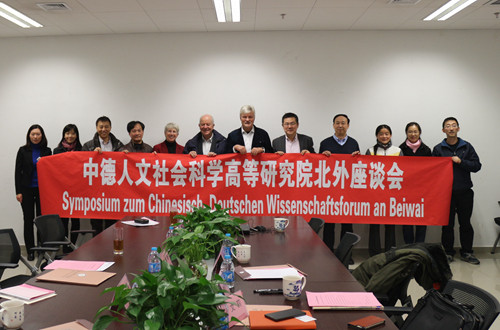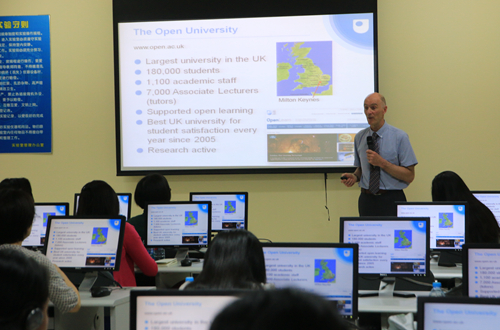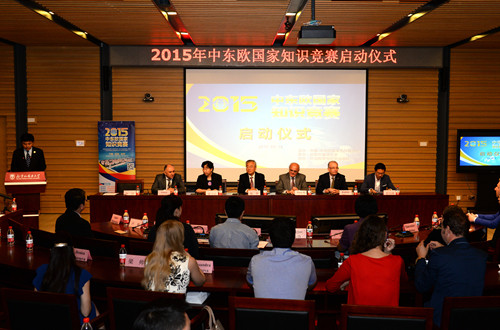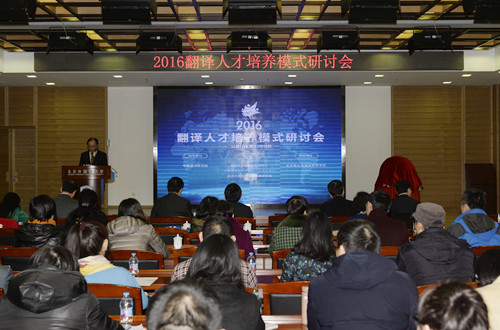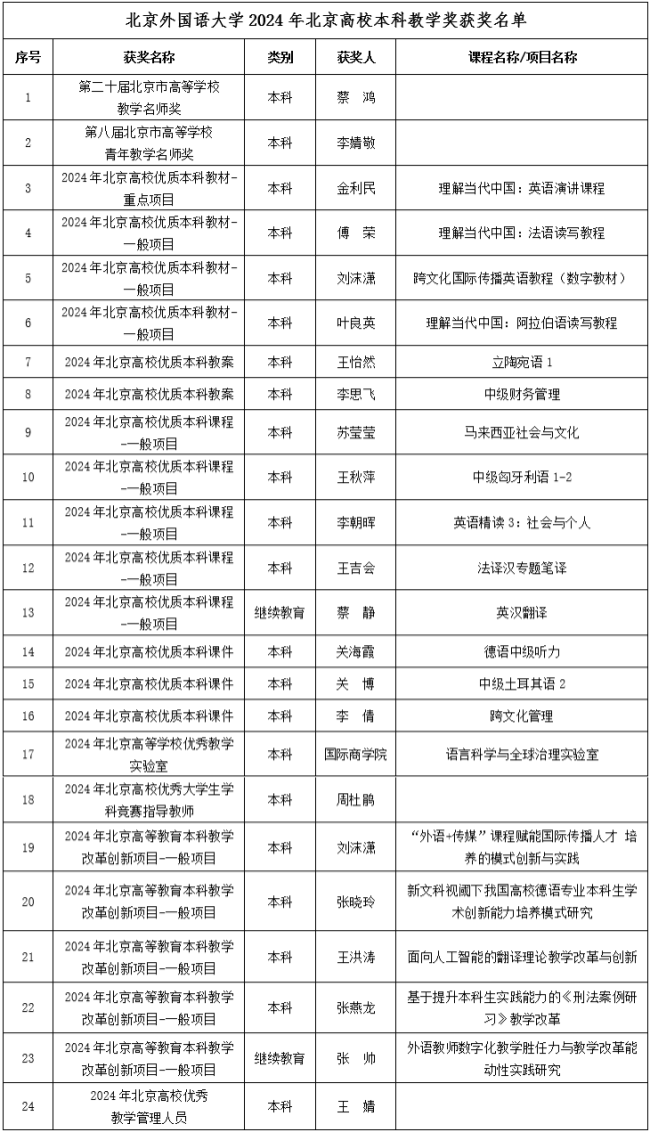Experts From The Sino -German Humanities And Social Sciences Institute Come To Our School To Exchange Discussions
Experts From The Sino -German Humanities And Social Sciences Institute Come To Our School To Exchange Discussions
On November 13, experts of the Sino -German Humanities and Social Sciences Institute (referred to as
On November 13, experts of the Sino -German Humanities and Social Sciences Institute (referred to as "Sino -German High Research Institute") were held in Room 1147, the experts of relevant institutes of our school. The symposium was chaired by Professor Li Xuetao, a researcher at the Sino -German Institute and Dean of the Global History Research Institute of our school.
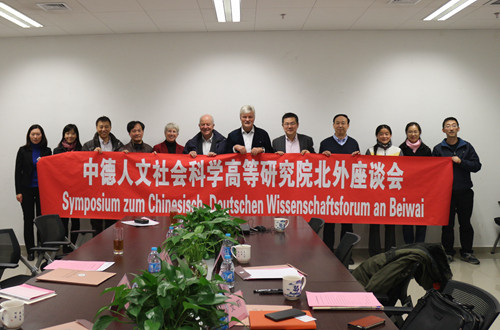
Participating experts introduced their respective academic interests and research fields, and centered on "global history research". Construction, modern roads in East Asian countries, cultural identity of Chinese people in South Asia, and Islamic research in Central Europe have been conducted warm discussions. Scholars on both sides have fully communicated and discussed, and look forward to further exchanges and cooperation in the future.
Professor W. Professor W., Professor of the University of China and Germany High Research Institute, Professor G., Berlin University, Professor M. Professor M., Dr. Liu Jiaru at the University of Ogsburg, Professor Chen Hongjie, Peking University, Executive Dean of the Sino -German High Research Institute, Peking University Professor Zhang Xing, director of the South Asian Cultural Teaching and Research Office, Professor Xue Qingguo, Arabic College of Our School, Professor Shao Jianguo, Associate Professor Xiong Wenli, and more than ten graduate students from the International Relations College and Asia -Africa College attended the symposium.
The Sino -German Institute is a cooperation project of the University of Liberty University, Humboldt University, and Peking University in Germany. The goal of the Gao Research Institute is to make Germany and Chinese scholars know each other in a limited time, so that they can get rid of the perspective of the isolated national state in their theoretical exploration, but also aside the limited concept of social space. Researchers maintain frequent communication through regular meetings, so as to generate new academic insights and inspiration in the conversion of the field of vision.
(Global History Research Institute)

